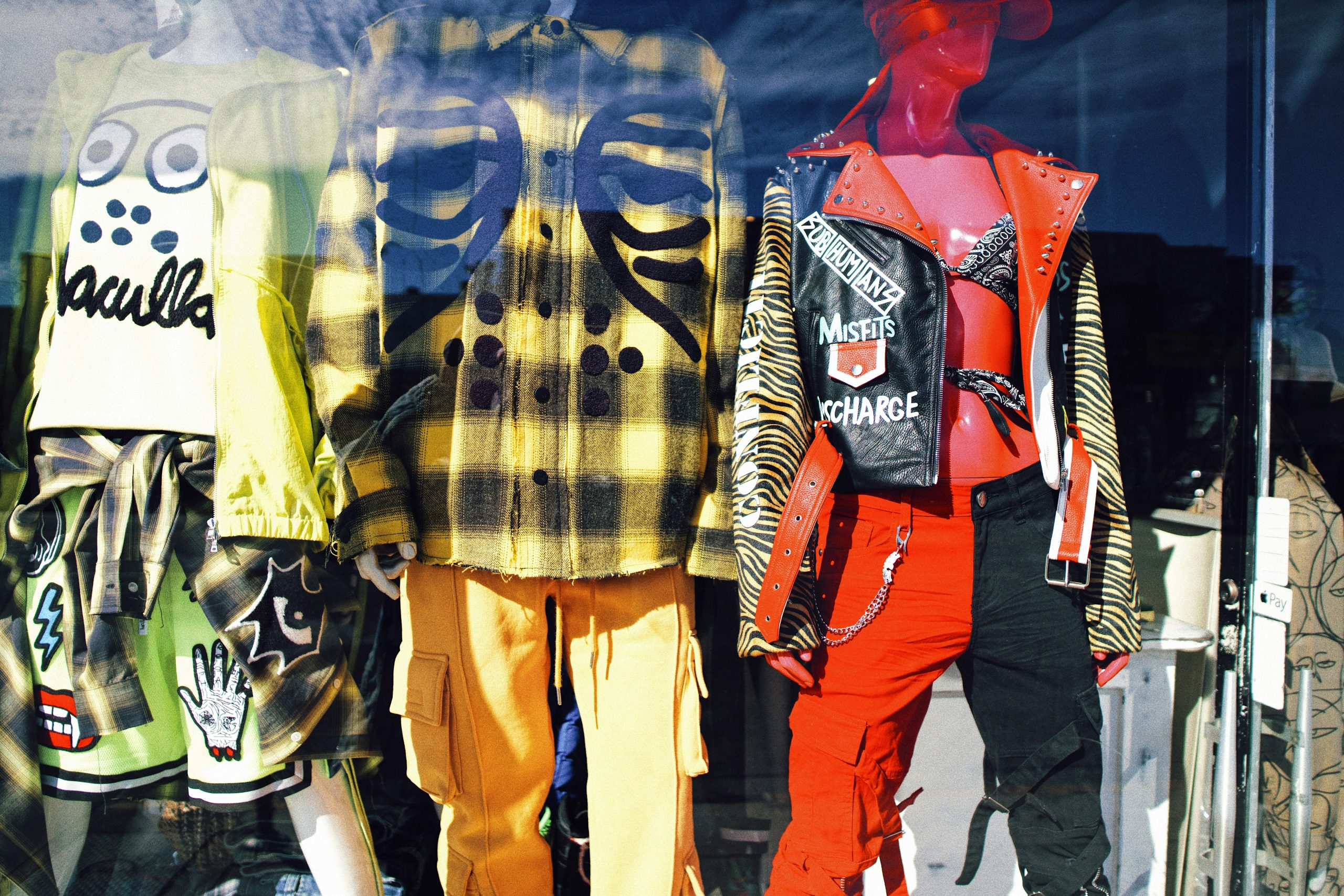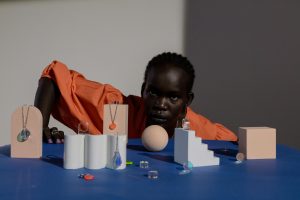The Role of Fashion Weeks in Setting Global Style Agendas
Fashion weeks have become a staple in the fashion industry, with designers, models, and fashion enthusiasts flocking to major cities like New York, Paris, and London to witness the latest trends and collections. These bi-annual events are highly anticipated by fashion lovers all over the world, and for good reason. Aside from showcasing the latest designs and creating buzz around new and emerging designers, fashion weeks also play a significant role in setting global style agendas and influencing fashion trends.
The Evolution of Fashion Weeks
Fashion weeks have a long history, dating back to the early 20th century. In the 1940s, the first fashion week was held in New York, known as “Press Week,” to showcase American designers and their collections. This event was created by fashion publicist Eleanor Lambert, who saw the need for a centralized platform to promote American fashion.
Fast forward to the 21st century, and fashion weeks have become a global phenomenon, with cities like Paris, London, Milan, and Tokyo hosting their own versions of these events. The Council of Fashion Designers of America (CFDA) and the British Fashion Council (BFC) have also joined forces to create New York Fashion Week (NYFW) and London Fashion Week (LFW), making them even more prominent on the global fashion calendar.
Creating a Global Impact
The influence of fashion weeks cannot be underestimated. These events provide a platform for designers to showcase their collections and reach a broader audience. With the rise of social media and live streaming, fashion week runway shows can now reach millions of people worldwide in real-time. This instant global reach has given fashion weeks the power to impact and shape global style agendas.
Besides showcasing designer collections, fashion weeks also set fashion trends for the upcoming season. The designs and styles presented on the runway influence what will be popular and in-demand in the fashion industry. Fashion buyers and editors attend these events to spot emerging trends and determine what will be stocked and featured in their stores and publications.
A Platform for Emerging Designers
Fashion weeks also play a crucial role in promoting emerging designers. These events provide a platform for up-and-coming fashion talents to showcase their collections to the world. It gives them a chance to gain exposure, recognition, and potentially secure collaborations and partnerships with established brands and retailers.
Through fashion weeks, new designers can make a name for themselves in the industry and set future fashion trends. Iconic designers like Alexander McQueen, Marc Jacobs, and Stella McCartney all started their careers by showcasing their collections at fashion weeks.
Setting the Tone for the Industry
Fashion weeks also set the tone and direction for the fashion industry. These events not only influence what we wear but also how we perceive fashion as a whole. They showcase a diverse range of designs, styles, and cultures, creating a melting pot of creativity and inspiration.
Fashion weeks have become more than just a platform for showcasing designer collections; they have become a source of cultural and social commentary. Designers often use their collections to make political statements, address social issues, and bring awareness to important causes. This gave rise to the term “fashion activism,” where fashion and activism intersect to create impactful and meaningful messages.
Conclusion
In conclusion, fashion weeks have come a long way since their inception and have become a crucial platform for the fashion industry. They have the power to shape global style agendas, set fashion trends, and promote and elevate emerging designers. These events not only showcase beautiful designs, but they also provide cultural and social commentary, making them a vital aspect of the fashion world.










